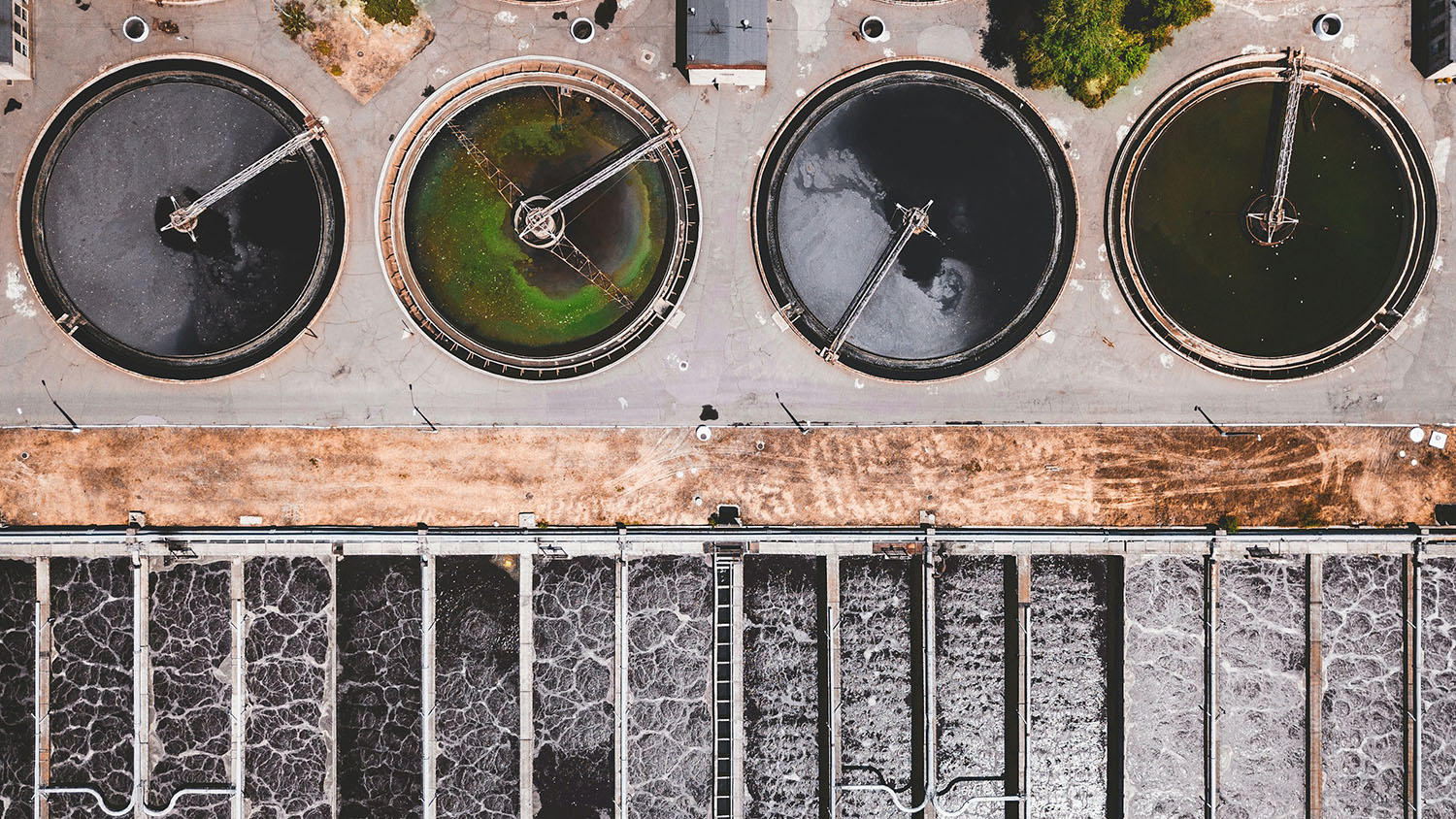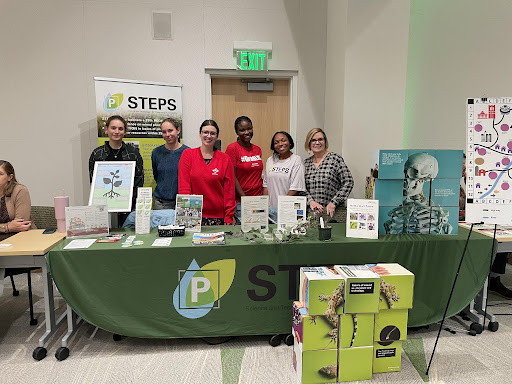STEPS Joins Forces with Water Resource Recovery Facilities to Develop Innovative Data-Driven Management Solutions
Our technical working group program, led by our Knowledge Transfer team, continues to facilitate co-creation of phosphorus sustainability solutions
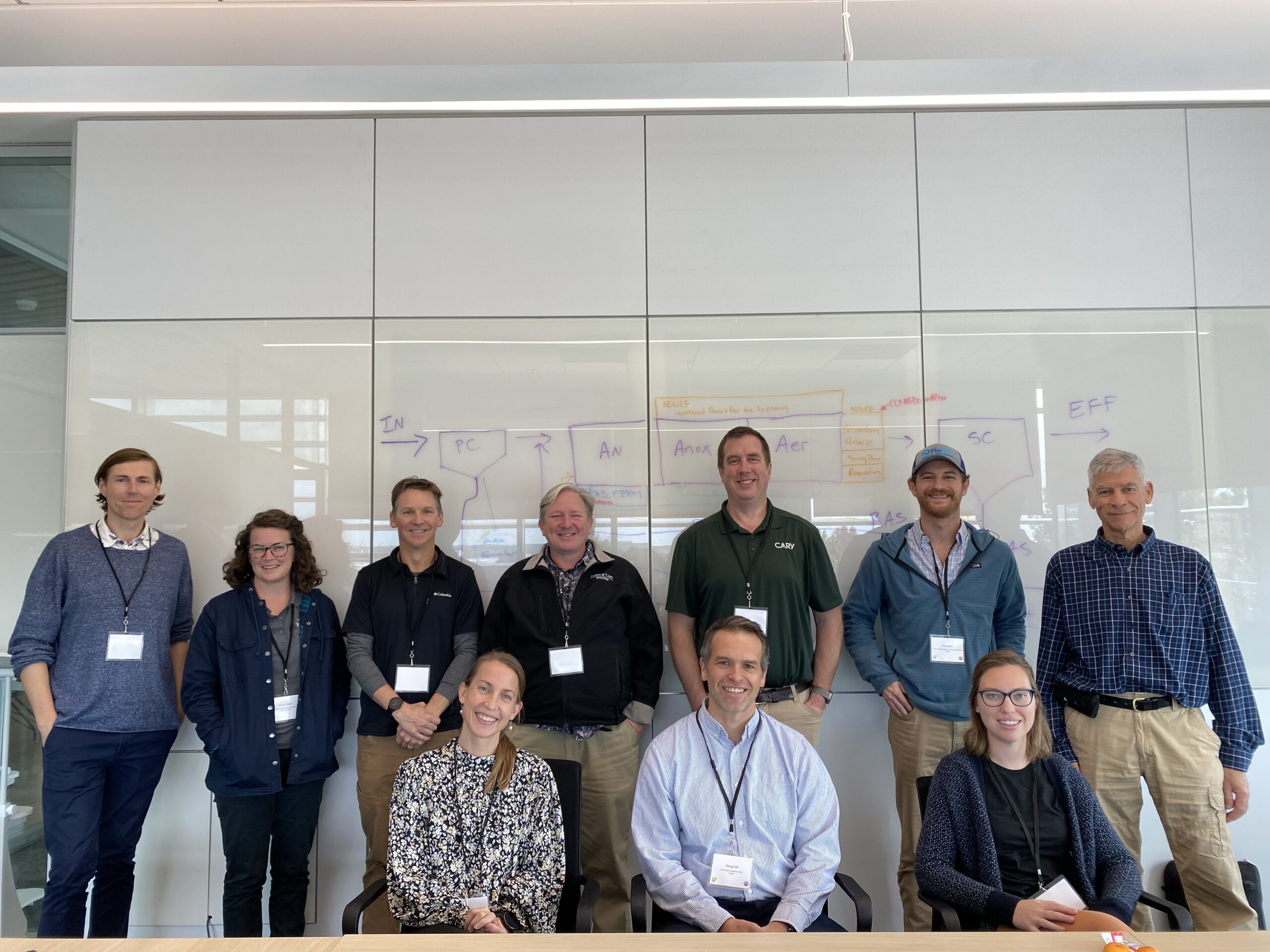
By: Rachel Kitt, STEPS Communications Intern
STEPS recently hosted our second annual technical working group (TWG) meeting on biological phosphorus removal (Bio-P) with water resource recovery facility (WRRF) professionals at our headquarters at NC State University. We brought together stakeholders from around the southeast to collaborate with each other, and with the STEPS team, on addressing challenges in removing phosphorus from wastewater, including by leveraging historical facility data to improve process operation and performance.
Our TWG initiative is led by our knowledge transfer team, which seeks to co-create sustainable phosphorus solutions with external stakeholders. This TWG team includes KT co-director Dr. Khara Grieger, Dr. Doug Call, Dr. Jess Deaver, Dr. Alison Deviney, and Corie Gabriel. With the WRRF TWG, STEPS not only aims to connect with key stakeholders but also aid them in generating enhanced strategies for P removal and increasing overall process performance and efficiency.
This year’s meeting focused on harnessing data from WRRFs to facilitate building machine learning and prediction tools. Our convergence informatics team, led by Dr. Yara Yingling, will curate and analyze the data and then develop AI tools that help WRRF operators better understand the performance of their Bio-P process and how to adjust process parameters to improve P removal. These future AI tools will be able to help facility operators organize data, detect issues before they occur, and analyze the likelihood of various scenarios. While at the workshop, attendees also explored new sensor technologies to help facilities better monitor their Bio-P process.
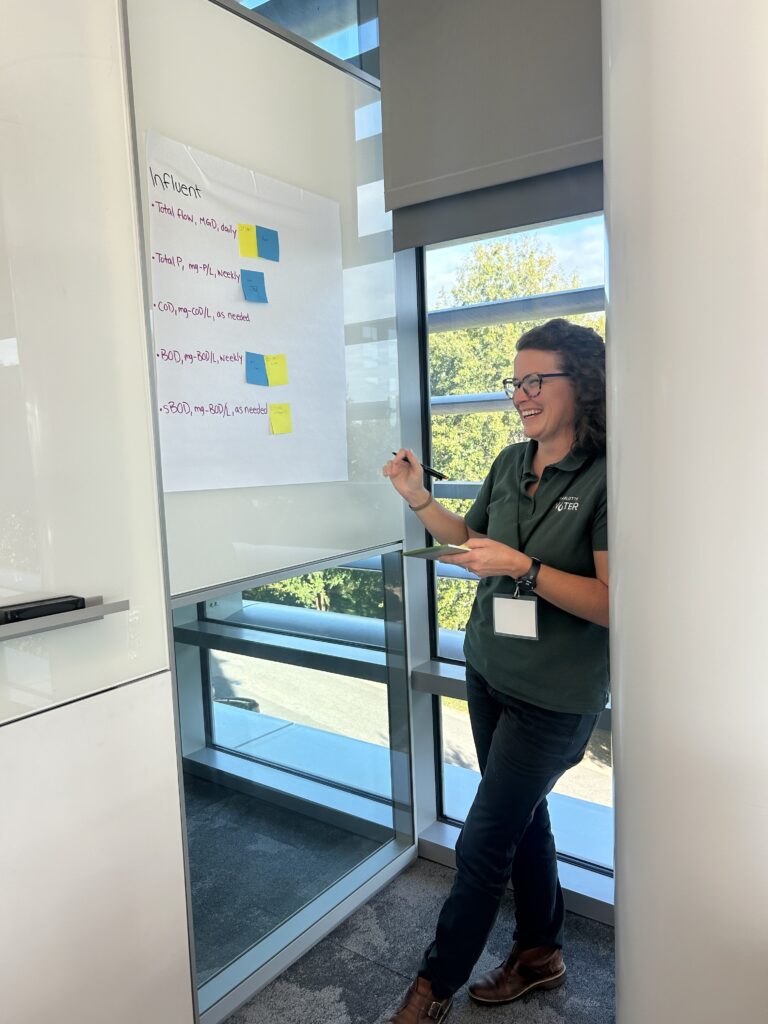
An important part of STEPS’ mission is to partner with stakeholders. The highly collaborative nature of this TWG lent itself to building an immensely strong rapport among all individuals involved. Participants presented slides on their own WRRFs, and from all over the room, attendees chimed in with insights to further understand and enhance their respective Bio-P processes.
Participants reported, “The talking and collaborative thinking is a strong point of this group. I enjoyed the dialogue among all participants.”
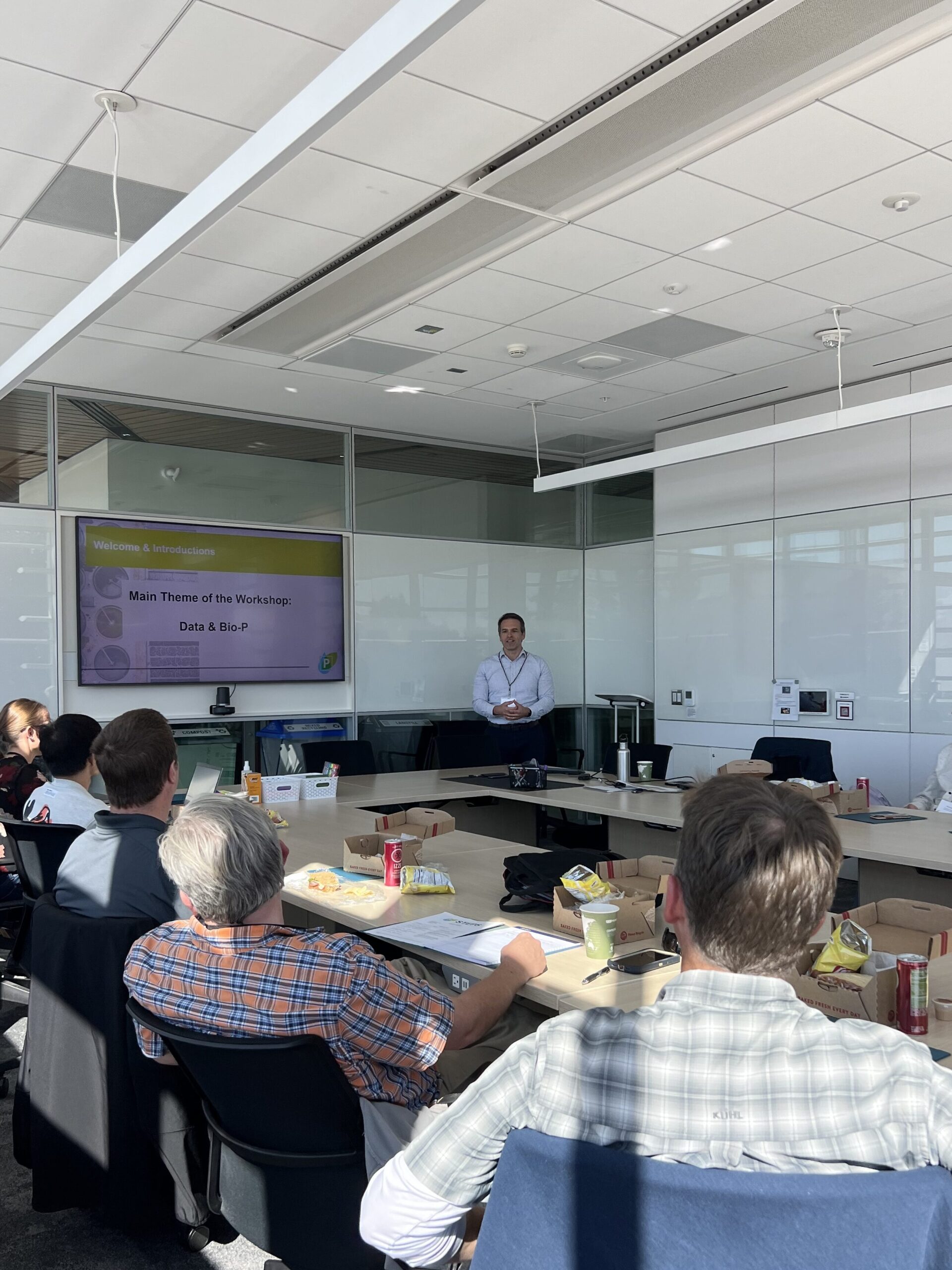
STEPS will continue our work with the WRRFs and their staff to harness data-driven practices around P sustainability. Future plans include visits to each facility to collect data, continue working with facility operators and supervisors on their Bio-P process, and build AI tools to support their work.
To learn more about our Knowledge Transfer team and approaches, visit their webpage.

